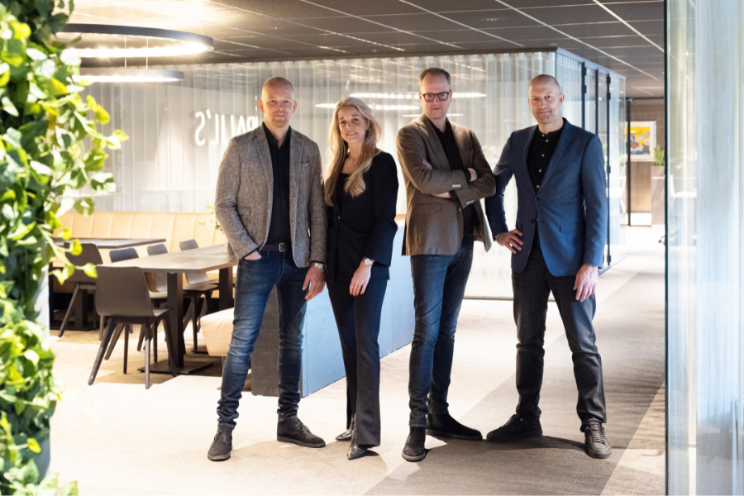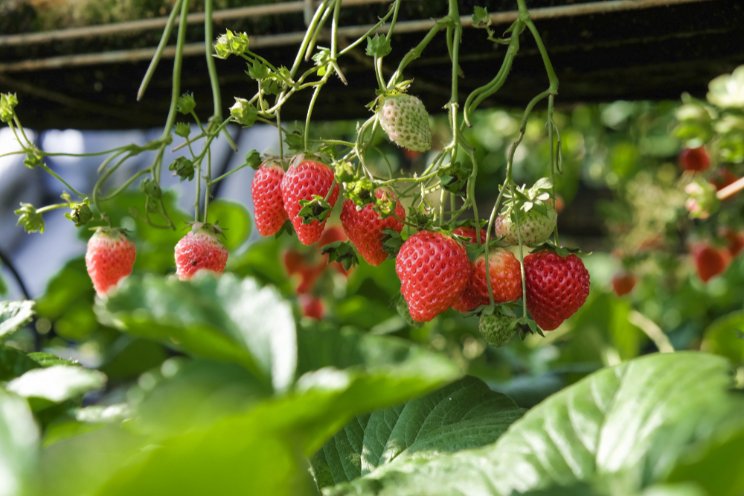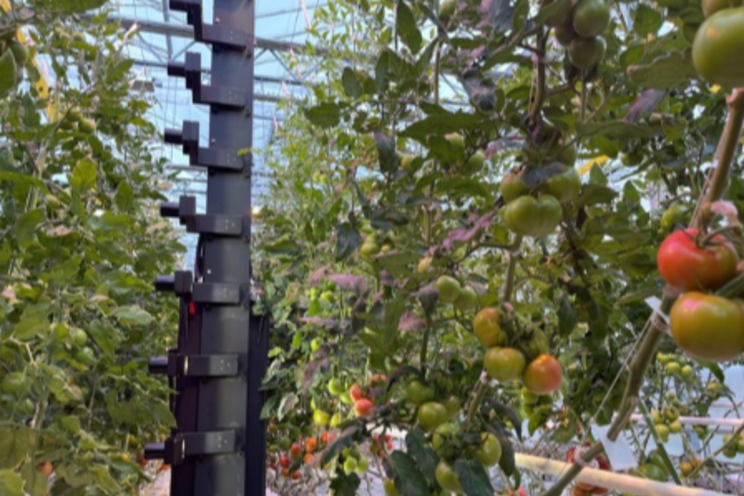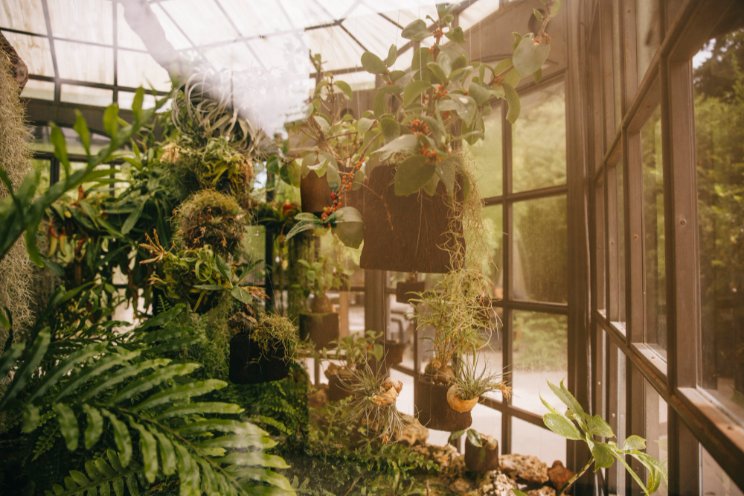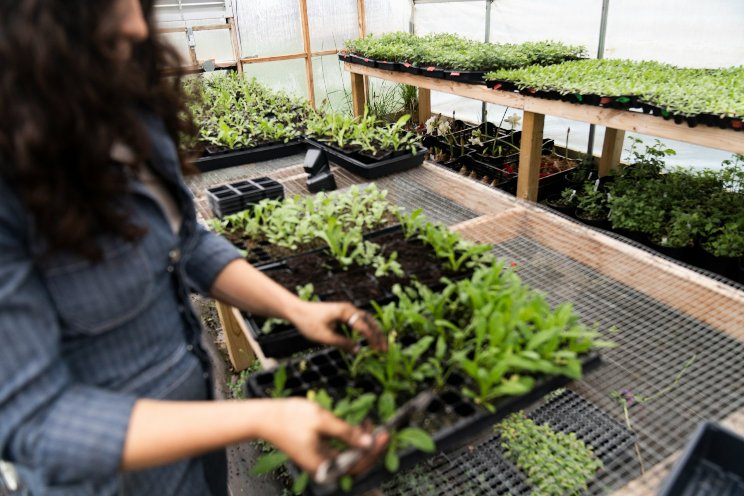The leader in numerical optimization for plant cultivation
Added on 25 April 2023

OptimaPlanta wants to help all farmers worldwide unlock this great potential, providing them with the tools, equipment, and information needed to maximize production and minimize costs.
With a team of highly competent experts in AI and machine learning and plant cultivation combined, two professors as scientific advisors prof. Martin Weih at SLU and prof. Mats Gustafsson at Uppsala University. Optima planta has the following solutions:
(1) A fully automated and modular aeroponics system that utilizes machine learning for maximum numerical optimization. Recommended use is the cultivation of plants that are difficult to grow and have high margins.
(2) Numerical optimization and comparative studies for existing farms (indoor farms, greenhouses) where optima planta can help to find optimal pH, and nutrient compositions or answer binary questions like is seed X or Y best, is lamp Z or W best, and more.
Optima planta is delighted to engage in academic research with other researchers, companies, and further stakeholders. One current research project is:
The evaluation of the potential of Auto-Aeroponics, which involves fully automated and optimized indoor cultivation of plants. High-pressure Aeroponics is used where the roots of the plants grow freely in the air instead of soil and are sprayed with a nutrient solution at regular intervals. This method has a number of interesting advantages compared to alternatives like Hydroponics but is still not widespread and has not yet been scientifically analyzed in terms of how great potential there is to:
(1) Adapt the growth environment to maximize the growth rate and/or some other attractive properties such as durability and nutritional content.
Photo Courtesy of Association for Vertical Farming
More news

